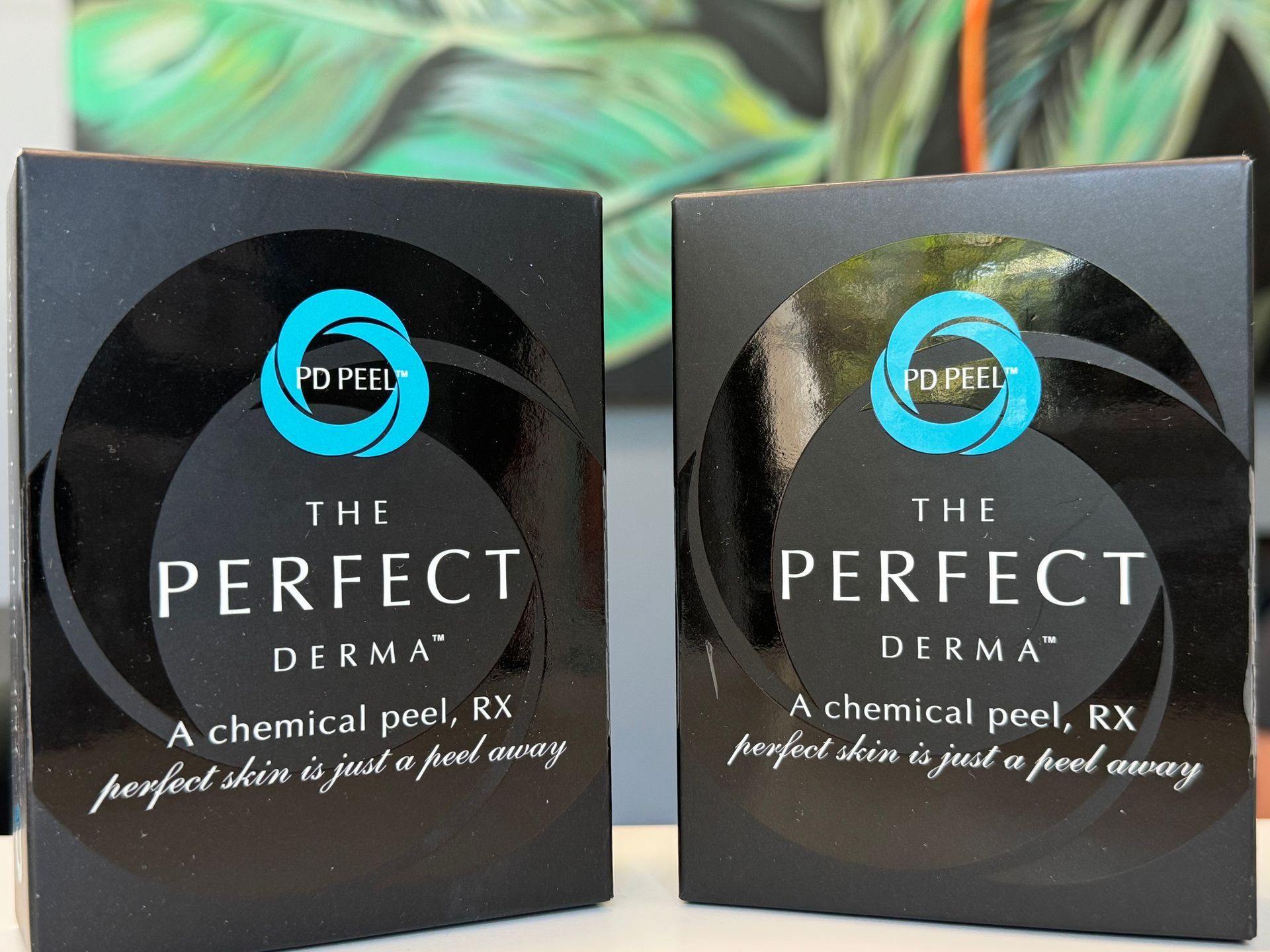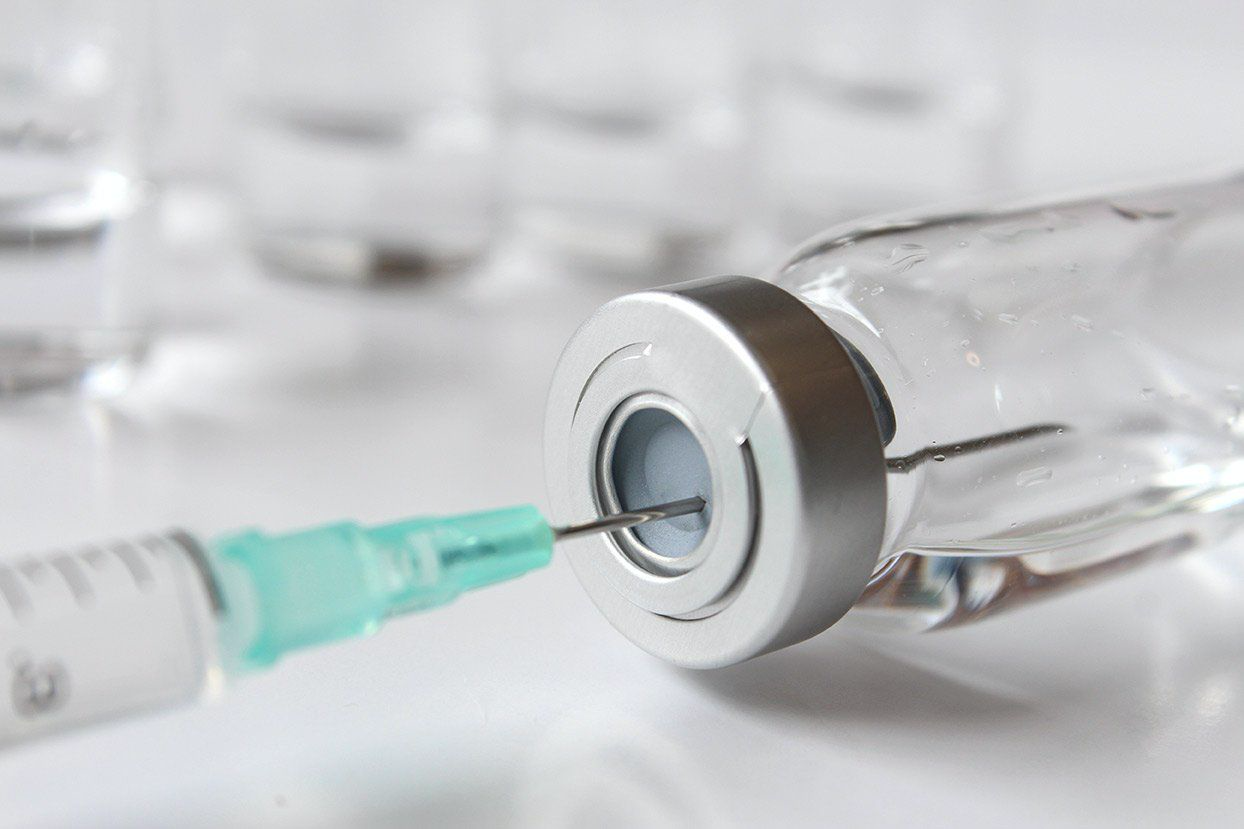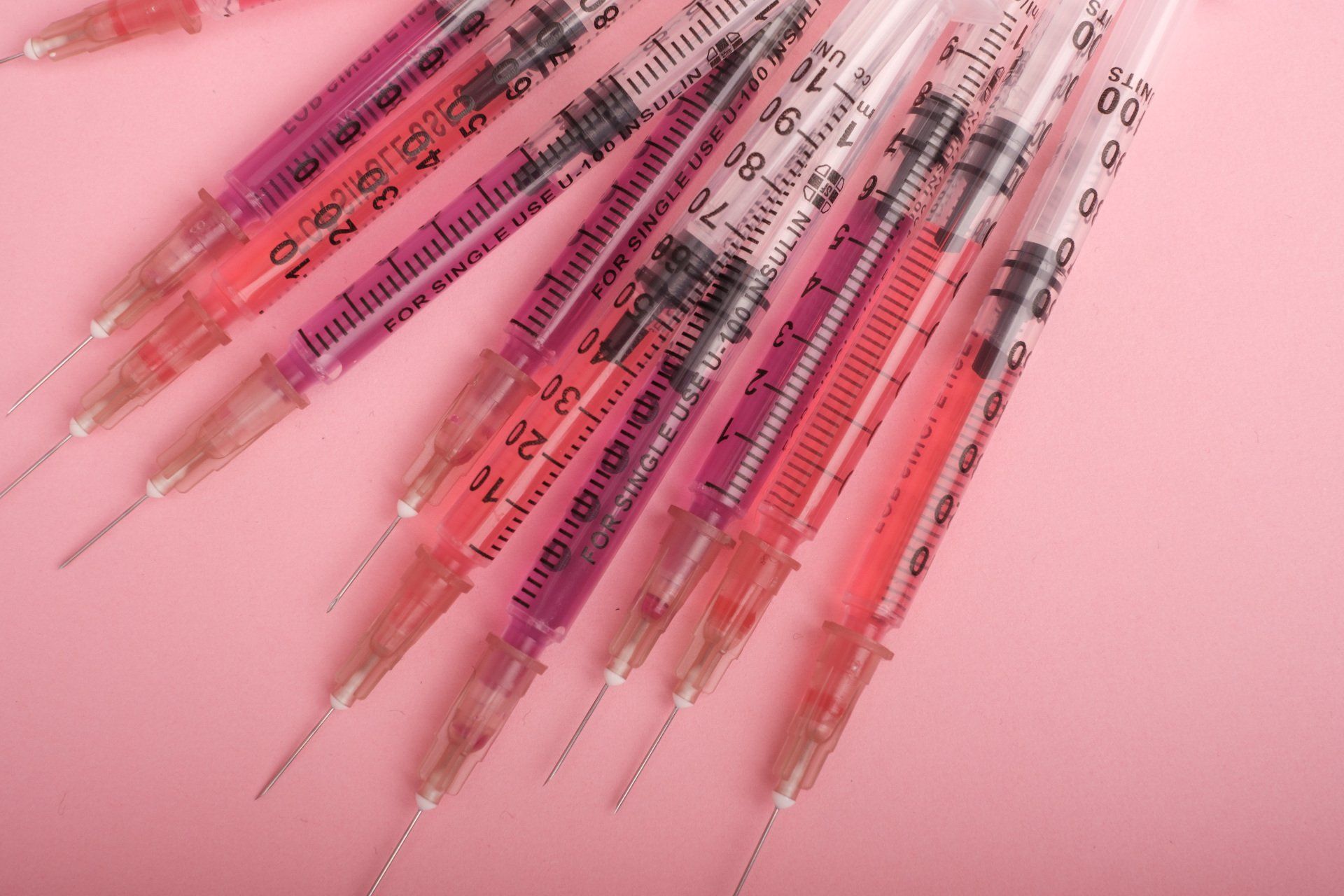Ferritin, Ferritin, Ferritin!
Ferritin & Hormones: The Overlooked Connection to Your Energy, Mood, and Health

When we think about hormones, we often picture estrogen, progesterone, testosterone, or
thyroid hormones. But here’s a surprising truth: a little protein called ferritin—your body’s iron
storage marker—has a huge influence on how those hormones work. And if ferritin is off, your
hormones may never feel “balanced,” no matter how perfectly they’re dosed.
What is Ferritin?
Ferritin is the protein that stores iron in your body and releases it when you need it. While
hemoglobin measures how much iron is circulating in your blood right now, ferritin tells you how
much you have in reserve.
Think of ferritin as your iron “savings account.” Without enough in that account, your body starts
prioritizing survival over optimal function.
Why Ferritin Matters for Hormones
1. Thyroid Health: Your thyroid needs iron to convert T4 (inactive) into T3 (active), the hormone that
powers your metabolism, energy, and temperature regulation. Low ferritin can mimic
hypothyroidism, such as fatigue, weight gain, hair loss, even if your thyroid labs are
normal.
2. Reproductive Hormones: Iron helps your ovaries and adrenal glands make sex hormones like estrogen,
progesterone, and testosterone. Low ferritin can lead to irregular cycles, worsening
PMS, or a sluggish libido.
3. Adrenal Function: Your stress-handling adrenal glands also need iron to make cortisol in healthy amounts.
Too little iron can leave you feeling burned out, shaky, or unable to handle stress.
4. Hair, Skin, and Mood: Many women blame hormones for hair shedding or brittle nails, but low ferritin is often
the hidden culprit. Ferritin below 70 ng/mL has been linked to hair loss, even if you’re not
anemic.
Symptoms of Low Ferritin
● Fatigue that sleep doesn’t fix
● Brain fog or trouble concentrating
● Hair loss or thinning eyebrows
● Feeling cold easily
● Dizziness or rapid heart rate with exertion
● Worsening PMS or irregular cycles
What Causes Low Ferritin?
● Heavy menstrual bleeding
● Pregnancy and breastfeeding
● Gut absorption issues (like celiac or low stomach acid)
● Vegan or vegetarian diets without proper iron planning
● Chronic inflammation or autoimmune conditions
Ferritin and Hormone Therapy
If you’re on thyroid medication, hormone replacement therapy, or bioidentical hormones, low
ferritin can blunt your results. For example:
● Thyroid meds may not “kick in” without adequate ferritin.
● Testosterone therapy may not deliver its full muscle-building or energy-boosting effects.
● Menopausal estrogen replacement can feel less effective if your iron stores are depleted.
Optimal Ferritin Levels
While “normal” lab ranges for ferritin can start as low as 15 ng/mL, most functional medicine
practitioners aim for 50–90 ng/mL for optimal hormone health, energy, and hair growth.
How to Support Healthy Ferritin
● Eat iron-rich foods: grass-fed red meat, chicken, turkey, oysters, lentils, pumpkin seeds,
spinach.
● Pair plant-based iron sources with vitamin C for better absorption.
● Avoid excess coffee or tea with meals because they block iron uptake.
● If supplementing, choose a gentle, well-absorbed form like iron bisglycinate, but always
test your levels first because too much iron is also harmful.
● Address underlying causes like heavy cycles or gut health issues.
Bottom Line:
Ferritin isn’t just a number on your lab report. It’s the quiet partner that helps your hormones do
their job. By optimizing ferritin levels, you create a foundation where your thyroid, adrenals, and
sex hormones can truly thrive.










